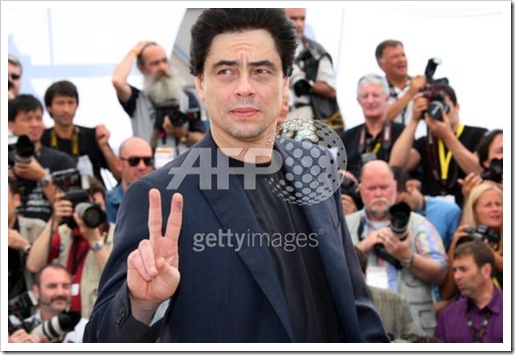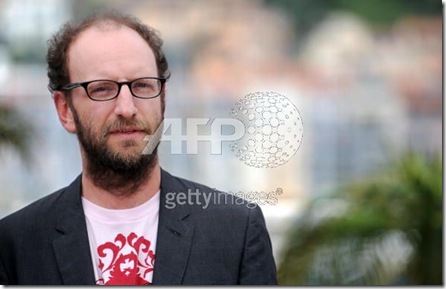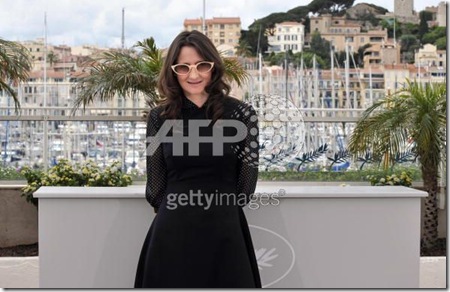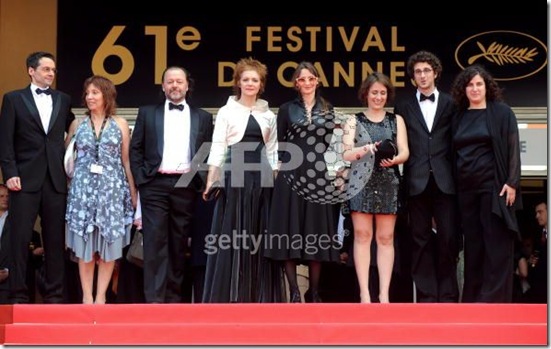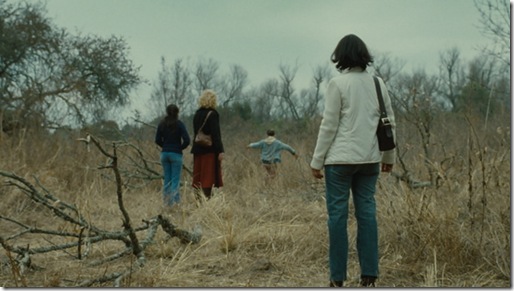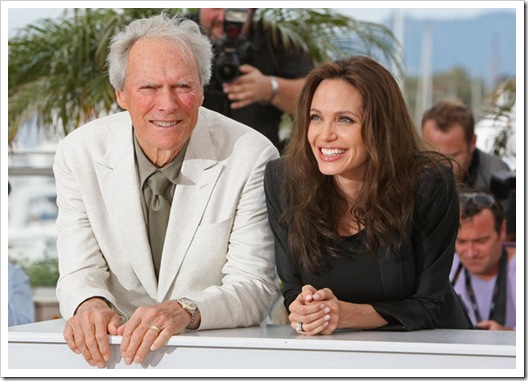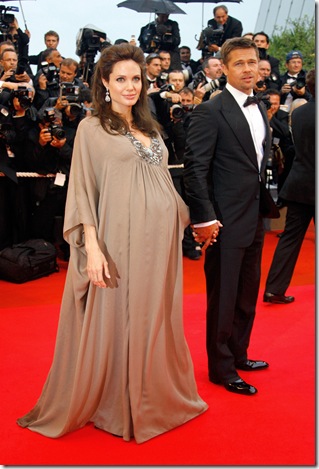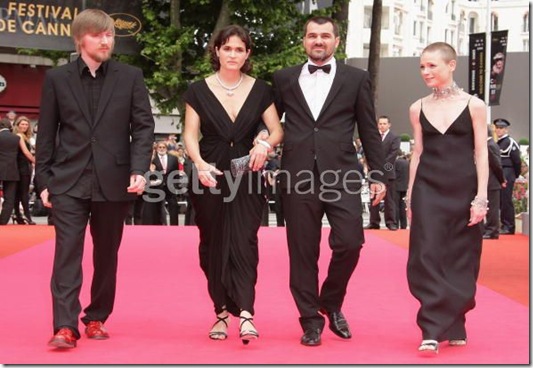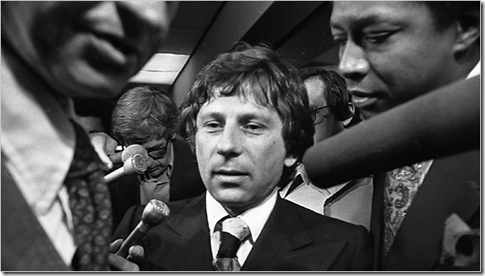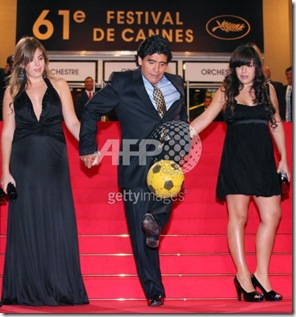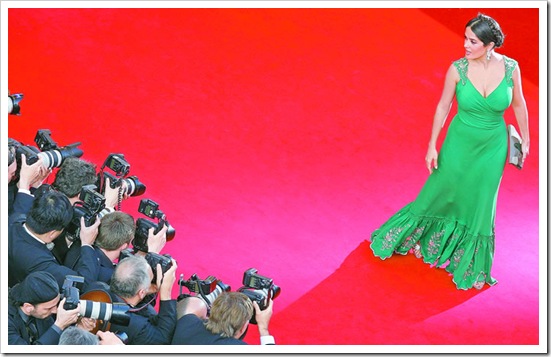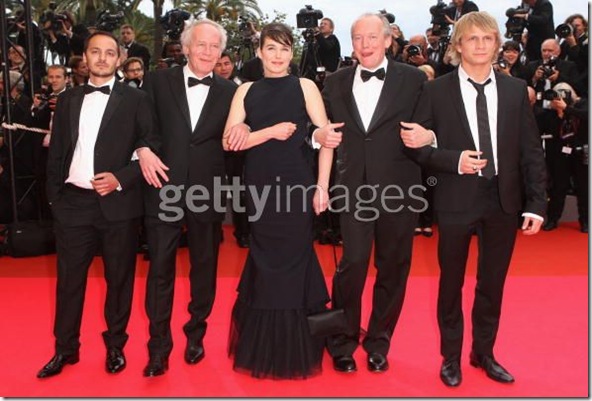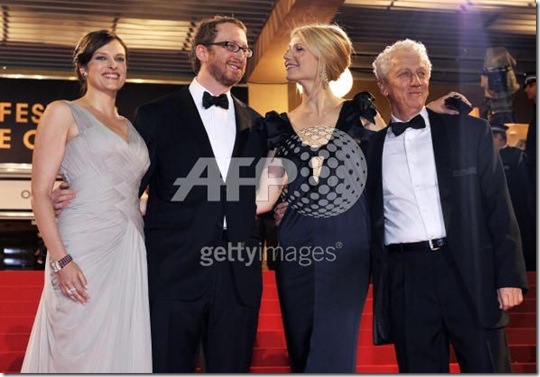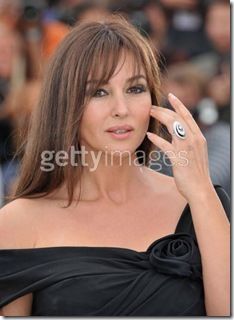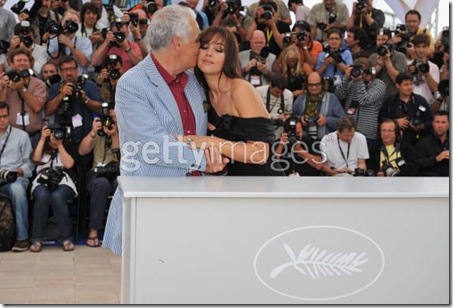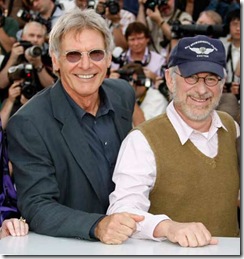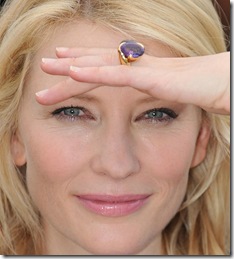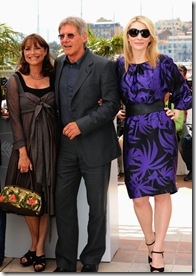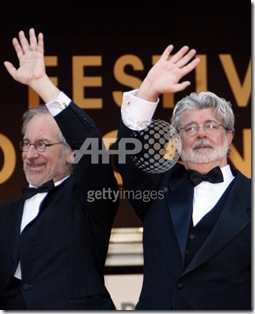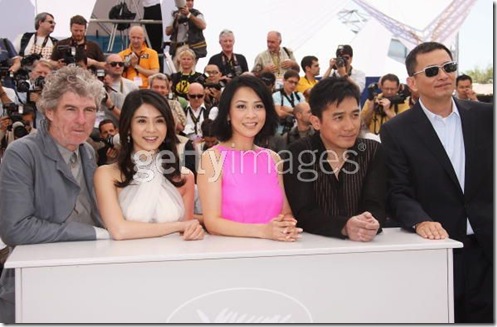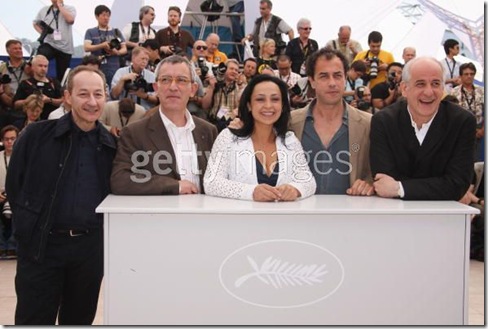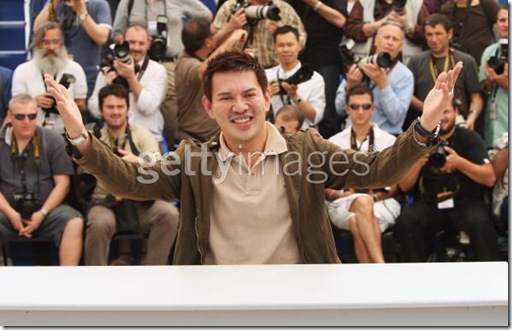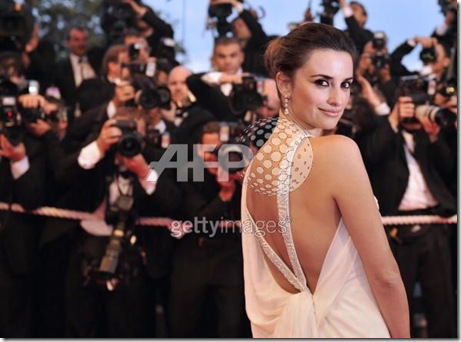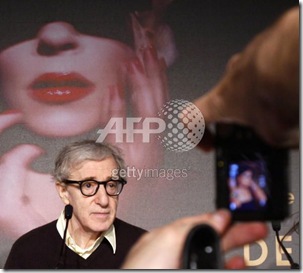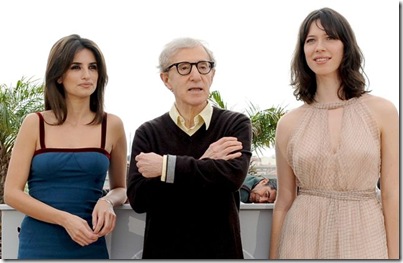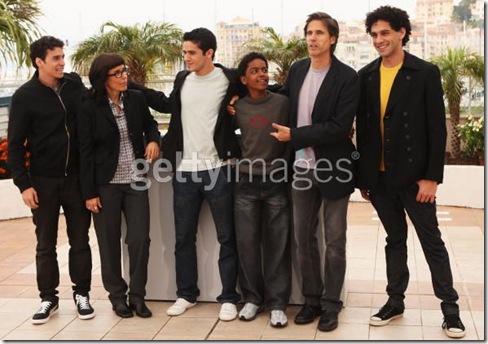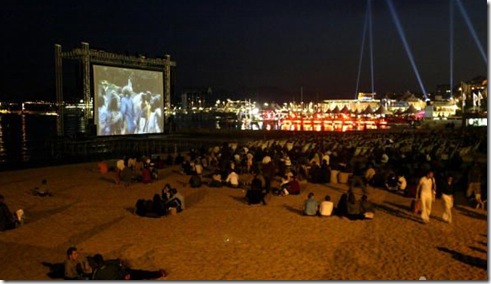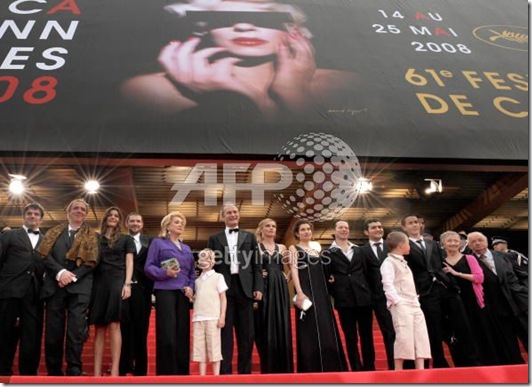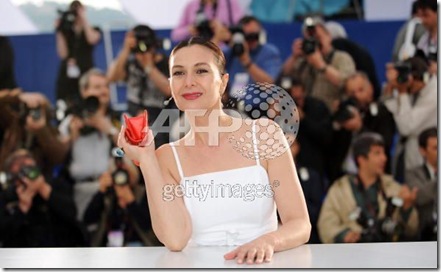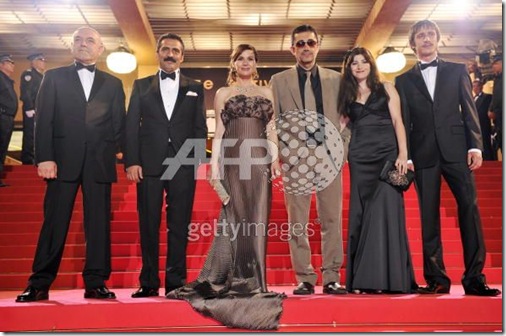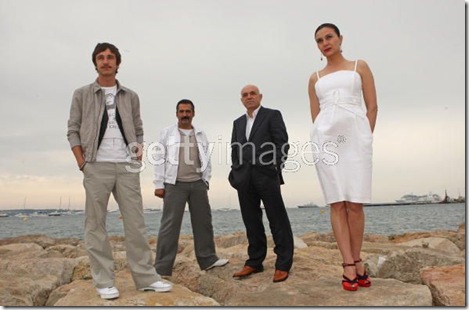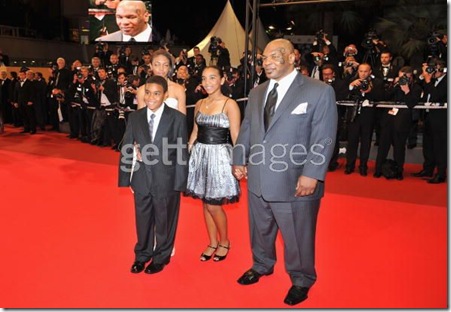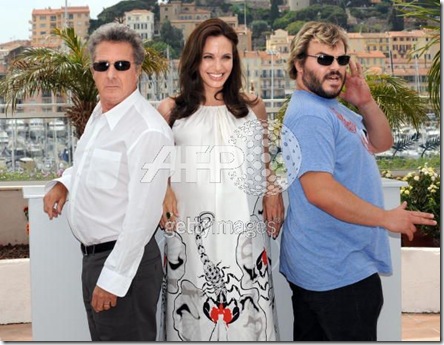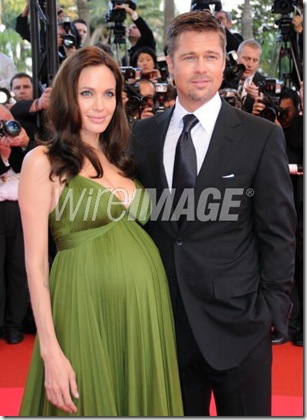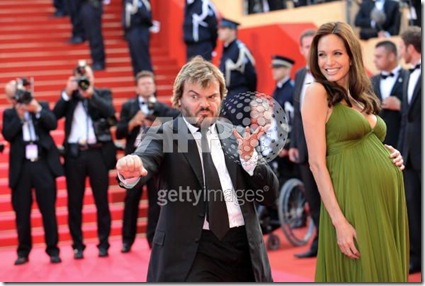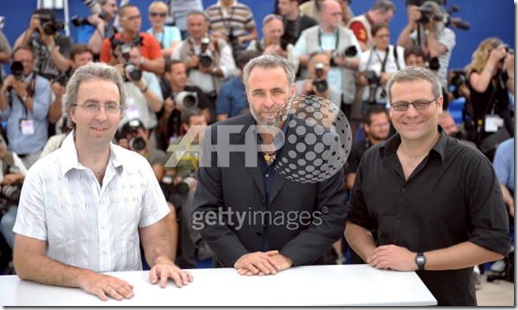Ya sólo quedan cinco días, y de 22 películas en competición, sólo quedan 5 por exhibirse.
Si juzgáramos por la acogida de la prensa francesa, Un Conte de Noel de Arnaud Desplechin sería la segura ganadora de la Palma de Oro, pero si algo ha enseñado la historia es que Cannes es impredecible.
"The process of editing was intense. The further you get into it, you need context. That's why you need two movies." -- Steven Soderbergh.
A 20 años de haber ganado sorpresivamente la Palma por sex, lies and videotape, Steven Soderbergh presentó su proyecto épico de 4 horas Che, dos películas individuales [El Argentino y Guerrilla] presentadas simultáneamente con un intermedio. El corte presentado no es todavía el definitivo y aún no se ha determinado si se estrenarán comercialmente de esta manera, pero viendo los resultados de un proyecto similar como Grindhouse y la recepción de la crítica, no creo que suceda.
Soderbergh, uno de los pocos verdaderos autores que quedan en Hollywood, es reconocido por ser un one-man-band, dirigiendo, produciendo, fotografíando, editando y hasta operando la cámara principal de todas sus películas, pero el concenso es que lo presentado en Cannes es un esfuerzo desigual, pero que en algún lugar dentro de esas 4 horas hay una película que funciona, pero Soderbergh todavía no la ha encontrado:
"No doubt it will be back to the drawing board for “Che,” Steven Soderbergh’s intricately ambitious, defiantly nondramatic four-hour, 18-minute presentation of scenes from the life of revolutionary icon Che Guevara. If the director has gone out of his way to avoid the usual Hollywood biopic conventions, he has also withheld any suggestion of why the charismatic doctor, fighter, diplomat, diarist and intellectual theorist became and remains such a legendary figure; if anything, Che seems diminished by the way he’s portrayed here. Originally announced as two separate films, “The Argentine” and “Guerrilla,” to be released separately, the film was shown as one picture, with intermission, under the title “Che” (although neither this nor any other credits appeared onscreen) in its world premiere at the Cannes Film Festival. Neither half feels remotely like a satisfying stand-alone film, while the whole offers far too many aggravations for its paltry rewards." -- Variety.
"Che exhibits a bracing confidence in the intelligence of the audience. It makes no concessions to anyone unfamiliar with the events or period it depicts. The five hour running time (including an intermission) will seem a daunting hill to climb for many. Any notion of releasing the two films separately will only result in severely diminished returns for the second, more leisurely, film as the law of dwindling interest sets in. The very embodiment of a formidable marketing challenge, Che is likely to remain a project that attracts widespread critical respect but only committed specialist audiences." -- Screendaily.
"I know I predicted this based on a reading of Peter Buchman's script, buy the first half of Steven Soderbergh's 268-minute Che Guevara epic is, for me, incandescent -- a piece of full-on realism about the making of the Cuban revolution that I found utterly believable and politically vibrant and searing." -- Jeff Welles.
"There is a lot, however, that the audience will not learn from this big movie, which has some big problems as well as major virtues. In between the two periods covered in “Che,” Guevara was an important player in the Castro government, but his brutal role in turning a revolutionary movement into a dictatorship goes virtually unmentioned. This, along with Benicio del Toro's soulful and charismatic performance, allows Mr. Soderbergh to preserve the romantic notion of Guevara as a martyr and an iconic figure, an idealistic champion of the poor and oppressed. By now, though, this image seems at best naïve and incomplete, at worst sentimental and dishonest. More to the point, perhaps, it is not very interesting." -- The New York Times.
Lucrecia Martel.
La otra película en competencia del miércoles fue La Mujer sin Cabeza de la argentina Lucrecia Martel.
Además de presentar allí La Niña Santa en el 2004, Martel participó como miembro del jurado en el 2006.
Martel junto al elenco.
La Mujer sin Cabeza es sobre la forma en que la vida de una mujer queda transformada luego de ser la causante de un accidente.
Laberíntica y Lyncheana, las reacciones ante La Mujer sin Cabeza son encontradas:
"Argentinian director Lucrecia Martel is nothing if not subtle. She is also a master of visual and aural technique, which is on full and splendid display in "La Mujer Sin Cabeza" her third feature. The problem is that, as with "La Cienaga" and "La Nina Santa," her narratives can be maddeningly slight, causing the viewer to struggle to comprehend even basic character relationships or motivations. It's difficult to invest much emotion if you have little idea who's who." -- The Hollywood Reporter.
"Lucrecia Martel asks way too much of the viewer in her third feature, a dour tale of moral and social paralysis centring on a hit-and-run incident in an Argentinian rural backwater and its effects on the woman at the wheel. At first the Latin American auteur's long-awaited new film looks like it is about to build the same edgy mix of family drama, visual symbolism, social critique and menacing atmosphere that distinguished her first two features, La Cienaga and The Holy Girl. But in The Headless Woman, Martel lets the miasma blur the drama and stifle the story. The result is a 'plotless film' that, in its Cannes press screening, prompted walkouts and boos, although many still maintain that the film's advanced symbolic and narrative sudoku is worth puzzling out." -- Screendaily.
Durante la conferencia de prensa, Martel confirmó su próximo proyecto, un épico apocalíptico sobre una invasión extraterrestre llamado El Internauta.
Martel se mantiene como la autora latinoamericana definitiva, con su visión como único compromiso, así que será interesante ver cómo maneja un proyecto comercial de gran presupuesto y tan alejado de sus trabajos anteriores.
